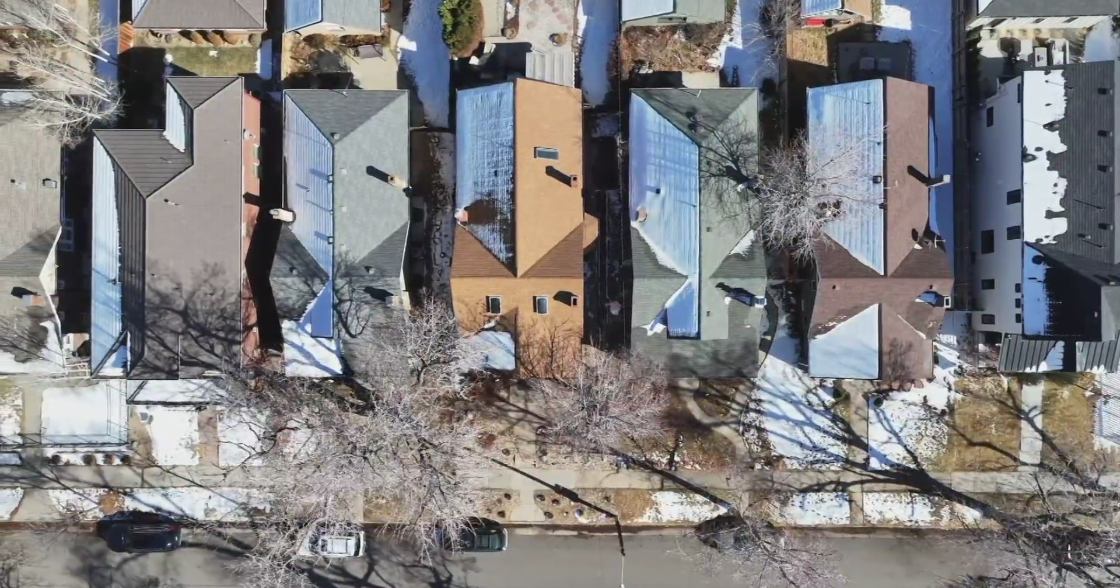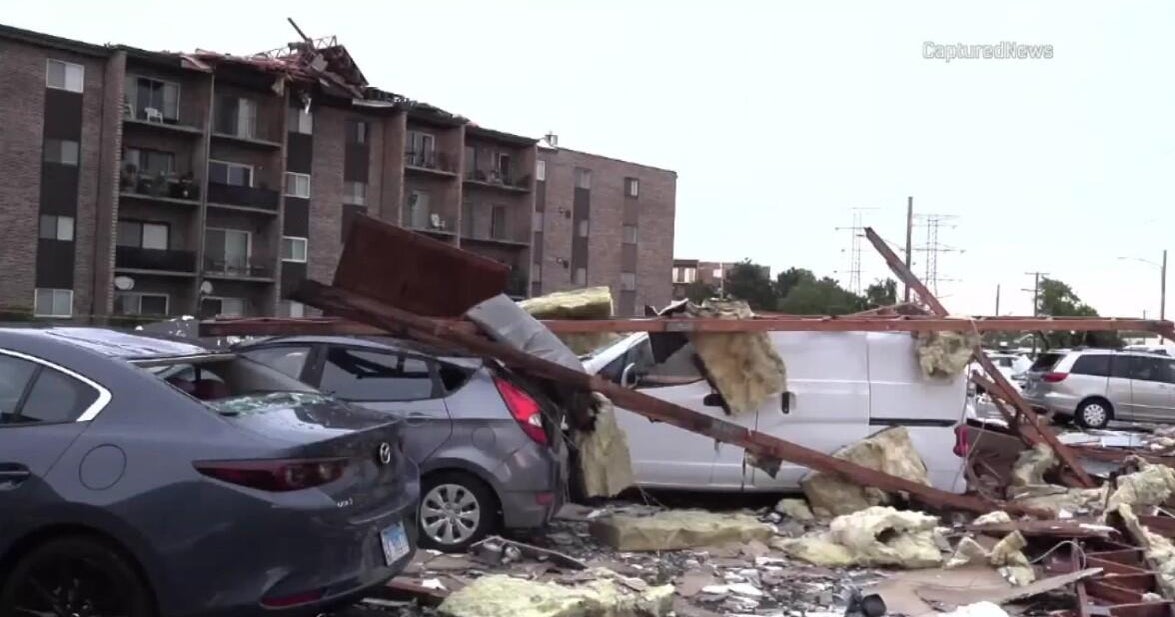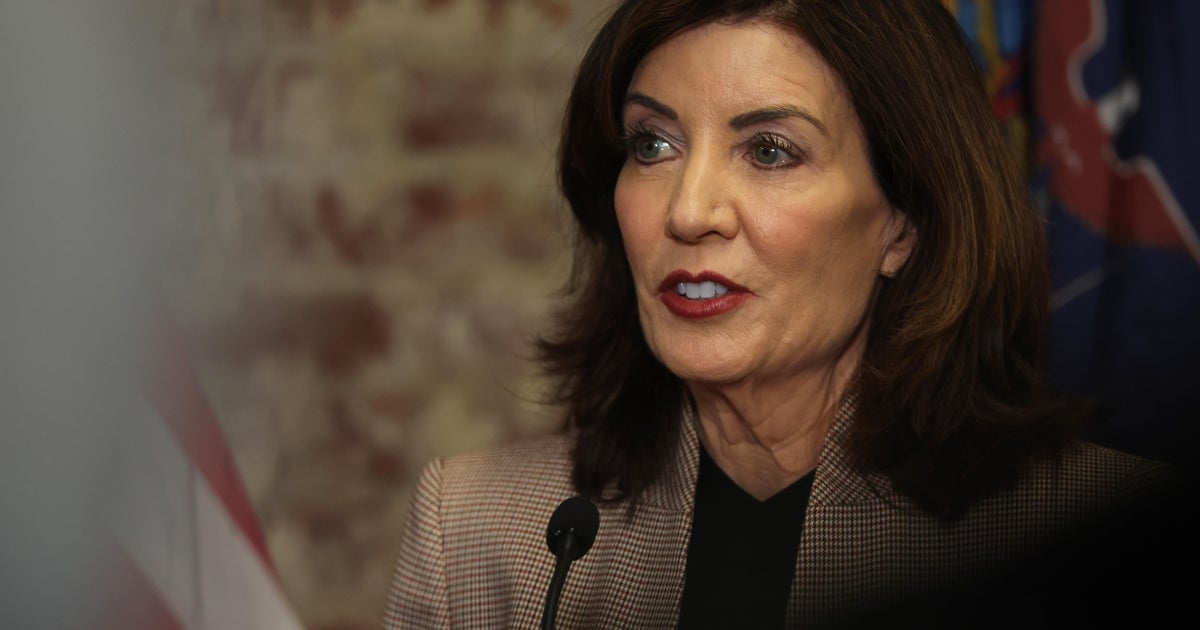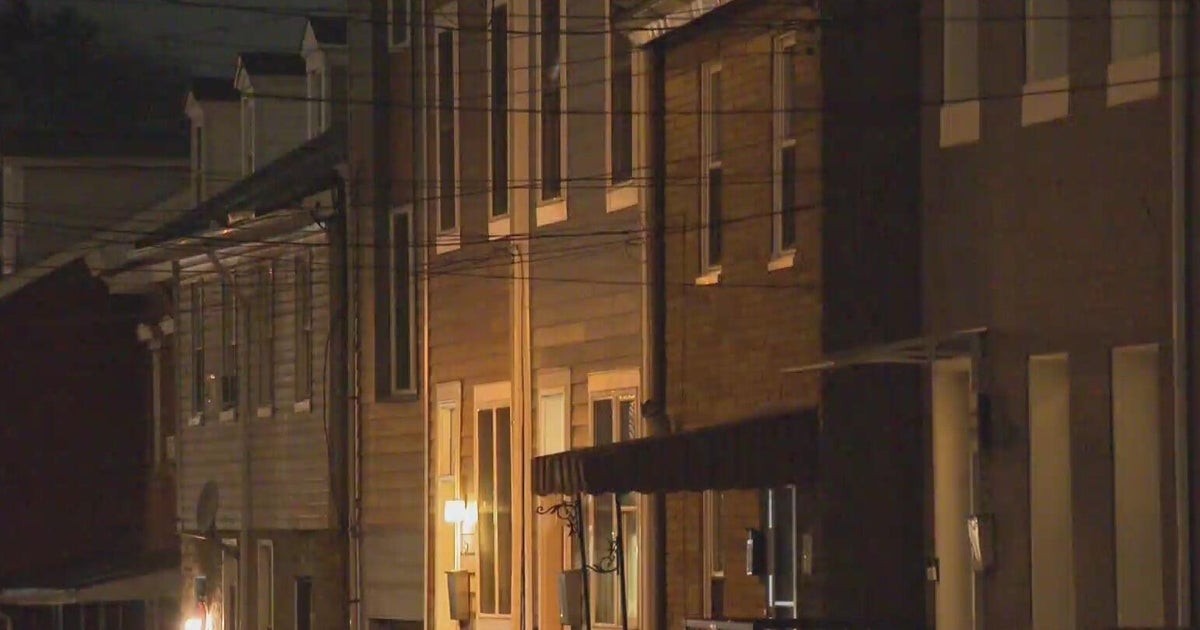Sharp Flood Insurance Rate Hikes Set To Take Effect
NEW YORK (CBSNewYork/AP) -- Flood insurance premiums of $30,000 a year?
It might sound absurd, but, as WCBS 880's Marla Diamond reported, that's what some homeowners could be facing as astronomical rate hikes are set to take effect nationwide Oct. 1.
The increases are due to the Biggert-Waters Flood Insurance Reform Act of 2012. The measure was passed to keep the National Flood Insurance Program solvent after an onslaught of claims from Hurricane Katrina in 2005. Essentially, what it does is remove federal subsidies from properties in flood zones.
Sharp Rate Hikes For Flood Insurance Set To Take Effect
"It's coming to every coastal community, and what we're hoping to do is seek legislative changes to this," said Dan Mundy, president of the Broad Channel Civic Association in Queens.
Mundy said premiums could soar to as high as $30,000. Colin and Joyce Elston of Treasure Island, Fla., told The Associated Press that their flood insurance was slated to jump from less than $1,500 to $12,000 a year.
Mundy said, at those prices, some homeowners will inevitably look to sell. Other observers believe home sales will be adversely impacted unless the federal government steps in to reduce the financial burden.
"Everyone's going to pay more for flood insurance," said Lee Gorodetsky, an insurance agent in Fort Lauderdale, Fla. "It's just a question of how much. And we've seen so many floods now: Colorado; last year, Hurricane Sandy; before that, other parts of the country. And it's obvious the program is bankrupt."
Dozens of protests over the hikes are planned for Saturday from New York to Florida.
Federal Emergency Management Agency Director Craig Fugate acknowledged the "sticker shock" residents are feeling.
But he said that eliminating subsidies means the federal government won't have to continue to borrow money to pay for the insurance.
The true cost' of insurance "has been provided at below-market rate," Fugate said.
Fugate noted that the rate hikes will be phased in over time for those with primary residencies, but that larger hikes will take effect for those insuring secondary homes or homes that have recently sold.
FEMA says the phase-out of subsidies will affect fewer than 20 percent of flood policyholders nationwide.
You May Also Be Interested In These Stories
(TM and © Copyright 2013 CBS Radio Inc. and its relevant subsidiaries. CBS RADIO and EYE Logo TM and Copyright 2013 CBS Broadcasting Inc. Used under license. All Rights Reserved. This material may not be published, broadcast, rewritten, or redistributed. The Associated Press contributed to this report.)







